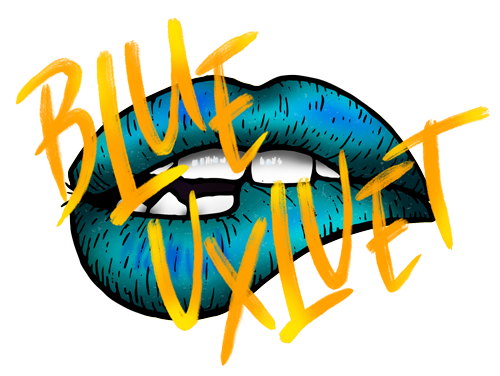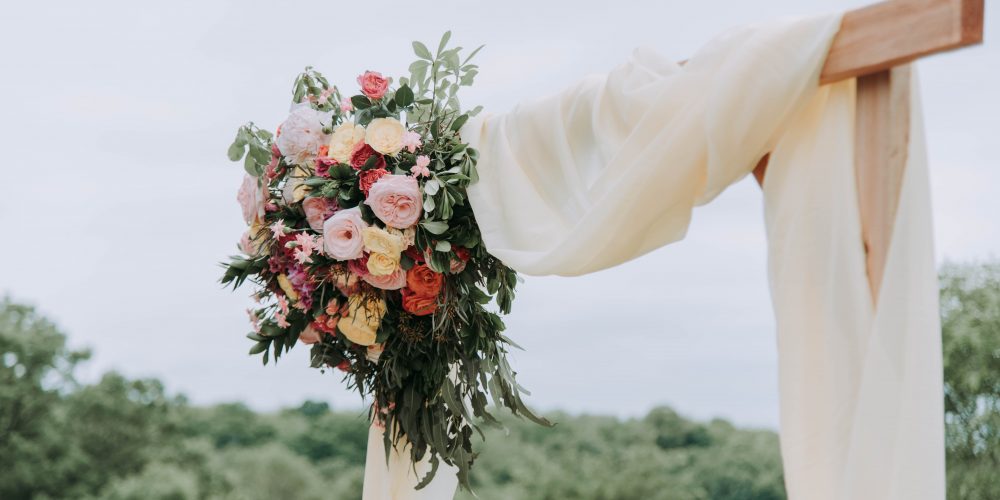As the party season draws to a close, and our friends and family adopt healthier eating habits and stricter exercise regimes in the name of New Year’s resolutions, I find myself contemplating the true definition of veganism.
Campaigns which push people to give veganism a try in the new year, although I’m sure are well-intended, may suggest that ditching animal products is the newest ‘in’ thing; a challenge to set ourselves that will ultimately be rewarded come the beginning of February with greatly-missed non-vegan food. Although the number of people who adopt veganism every January is undoubtedly growing, a considerable fraction of those who do will not maintain it as a permanent change.
As someone who switched to veganism overnight and has never looked back since, I am baffled by people who embark on a cruelty-free journey and then give up on it. From experience, I know that it is not because it’s too difficult, and it certainly needn’t be more expensive than a non-vegan lifestyle, so what reason could possibly justify abandoning something that is undeniably better for our health, the planet, and the animals?
Perhaps it is because there are two kinds of people when it comes to veganism: those who consider it a way of life, and those who don’t.
I fall into the former category, which I believe is why I have never been tempted by animal products since the very first day I turned vegan. It was never a fad diet, something fuelled by a wavering sense of conviction that would falter at the sight of a slice of cake or a cool glass of wine. Choosing to be vegan meant deciding between the senseless killing of an animal, or not. To me, there’s never been a simpler choice.
But if I was to look at veganism through the eyes of someone who belonged to the latter category, someone that many of us would label as ‘plant-based’ as opposed to truly vegan, would I see things differently? If I was to draw a line that separated a vegan diet from every other aspect of my life, would my beliefs in the movement be as unshakeable? Some would argue that they couldn’t possibly be, because veganism means living as close to a cruelty-free life as possible.
And, of course, a cruelty-free life isn’t just about our diet. It encompasses the clothes we wear, the beauty products we use, and the companies we choose to support. It involves consciously taking into consideration the ethics of every decision and every purchase we make. This, in turn, must mean that we couldn’t possibly draw a line between veganism and ‘the rest of our lives’, because veganism is a term that should blanket every aspect of how we live.
Some may argue, however, that it may be necessary to draw a line when our lifestyle begins to affect those around us who choose not to be vegan. For example, if a vegan and non-vegan were to marry, is it reasonable to insist on entirely vegan catering at the wedding? Or, if a vegan was to host a Christmas dinner for their non-vegan family, should they be expected to serve non-vegan options in their own home? Is it fair for us to dictate how other people live their lives if their morals don’t necessary align with our own?
In hypothetical situations like a wedding or a Christmas dinner, I would argue that if people were so attached to animal products that they couldn’t fathom switching them for vegan alternatives for a single afternoon, then perhaps their company would be more welcome elsewhere. After all, for every time a non-vegan has found themselves ‘having’ to eat a vegan meal, there are ten vegans who have had to eat at the same table as people tucking into chunks of meat. One cruelty-free dinner shouldn’t be too much to ask from our loved ones.
But we also have to think about those situations that last longer than one afternoon. Can we demand that our partners to switch to veganism, or refuse to have any animal products in the household? Is it fair to insist on raising children vegan, even if one of the parents isn’t vegan themselves? Or, is there a certain point where we have to sit back and say, ‘enough,’ and accept that we can’t change the entire world in our lifetime?
I know some vegans that refuse to draw that line. They will only date other vegans, and will refuse to cater to non-vegans in almost any capacity. Honestly, I respect the conviction; why should we have to compromise on our beliefs when there is an abundance of evidence that proves it is undoubtedly the way forward?
However, for those vegans whose hand still sheepishly hovers above the paper, as they question whether to draw a line between the parts of their lives they let veganism dictate and those that remain untouched by it, I implore you to really consider your reasons for putting that pen to paper. The line might permit you to bite your tongue when sharing a table with your non-vegan family, but it should never force you, personally, to partake in the consumption of non-vegan products, or support non-vegan activities, if you don’t want to.
We may all make sacrifices for our non-vegan friends and families at some point or another, but this means it shouldn’t be unreasonable to occasionally expect the same in return, without protest or resistance. In conclusion, perhaps it would be prudent to remind our non-vegan loved ones that the phrase ‘live and let live’ only really makes sense when nothing had to die for what we decide to eat.

